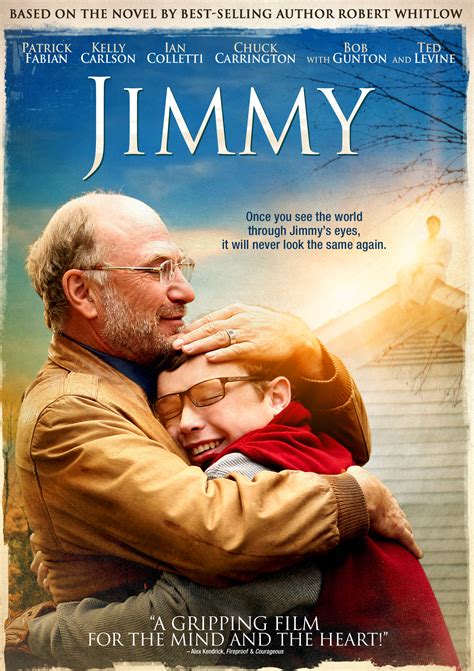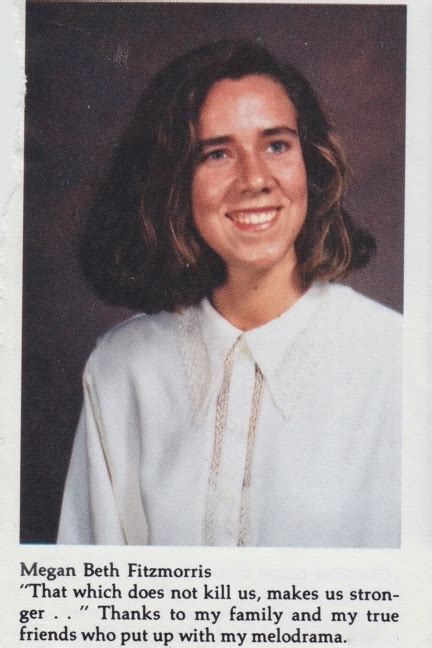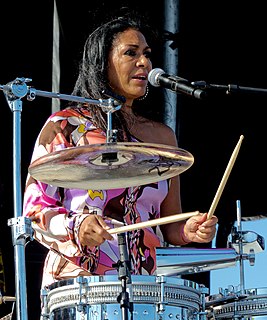A Quote by Mark Haddon
Young readers have to be entertained. No child reads fiction because they think it's going to make them a better person.
Related Quotes
I respond very well to rules. If there are certain parameters it's much easier to do something really good. Especially when readers know what those are. They know what to expect and then you have to wrong-foot them. That is the trick of crime fiction. And readers come to crime and graphic novels wanting to be entertained, or disgusted.
I remember as a young child, during one of my frequent trips to the local library, spending hours looking at book after book trying in vain to find one that had my name on it. Because there were so many books in the library, with so many different names on them, I’d assumed that one of them — somewhere — had to be mine. I didn’t understand at the time that a person’s name appears on a book because he or she wrote it. Now that I’m twenty-six I know better. If I were ever going to find my book one day, I was going to have to write it.
All fiction, if it's successful, is going to appeal to the emotions. Emotion is really what fiction is all about. That's not to say fiction can't be thoughtful, or present some interesting or provocative ideas to make us think. But if you want to present an intellectual argument, nonfiction is a better tool. You can drive a nail with a shoe but a hammer is a better tool for that. But fiction is about emotional resonance, about making us feel things on a primal and visceral level.
The desire to be liked is acceptable in real life but very problematic in fiction. Pleasantness is the enemy of good fiction. I try to write on the premise that no one is going to read my work. Because there's this terrible impulse to grovel before the reader, to make them like you, to write with the reader in mind in that way. It prevents you doing work that is ugly or upsetting or difficult. The temptation is to not be true to what you want to write and to be considerate or amusing instead. I'm always trying to fight against the impulse to make my readers like me.
Every generation likes to think that children don't read as much as they used to when they were young! You listen to some adults saying they were going around reading 'Ulysses' when they were seven or eight! I think children are voracious readers if you give them the right books and if you make those books accessible to them.
When you're younger you have a lot of ideas and you're probably more insecure, all those things. I work with young actors now and I see their insecurities and I make fun of them. I don't make fun of them but I make them laugh, because I know what they're going through. When you get older you think 'It's only a movie after all, it's not brain surgery.'
That's why I think death is the most wonderful invention of life. It purges the system of these old models that are obsolete. I think that's one of Apple's challenges, really. When two young people walk in with the next thing, are we going to embrace it and say this is fantastic? Are you going to be willing to drop our models, or are we going to explain it away? I think we'll do better, because we're completely aware of it and we make it a priority.






































